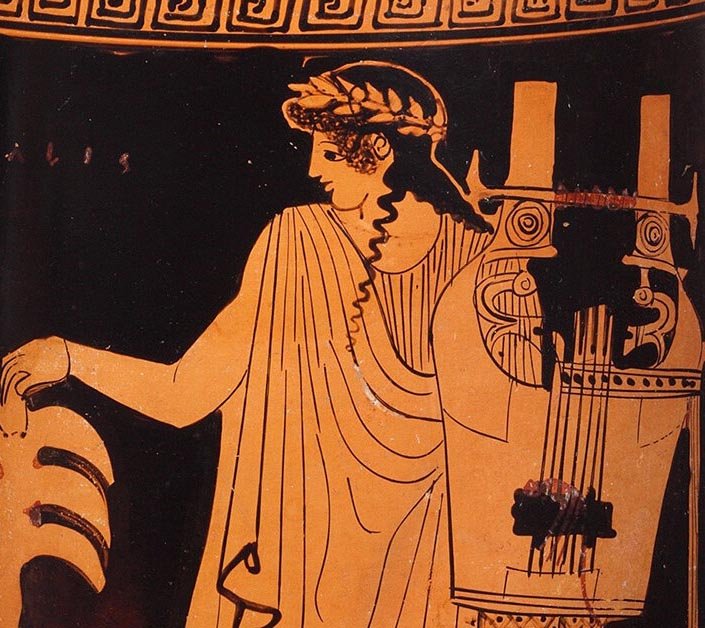
Music Gods and Goddesses
Greek Gods and Goddesses of Music
The ancient Greeks had a rich and varied mythology, and music played an important role in their stories and beliefs. Many of the gods and goddesses of Greek mythology were associated with music, and many were skilled musicians themselves.
Apollo
Apollo was the Greek god of music, among many other things. He was the son of Zeus and Leto, and the twin brother of Artemis. Apollo was often depicted playing a lyre, which he invented himself. He was also the patron god of the famous ancient Greek music contest, the Pythian Games.
Aristaeus
Aristaeus was a minor Greek god of music, the son of Apollo and the nymph Cyrene. He was also the god of agriculture, beekeeping, and hunting. Aristaeus was said to have been the inventor of the seven-stringed lyre, and he was often depicted playing this instrument.
Euterpe
Euterpe was one of the nine Muses, the Greek goddesses of art and science. She was the muse of music, specifically the flute. In some accounts, she was also the muse of lyric poetry and dance. Euterpe was often depicted holding a flute or a lyre, and she was known for her beautiful singing voice.
Terpsichore
Terpsichore was another one of the nine Muses, the goddess of dance and chorus. She was often associated with music, and in some accounts she was the muse of lyric poetry and dancing. Terpsichore was said to have been a skilled dancer and musician, and she was often depicted holding a lyre or dancing.
Thalia
Thalia was another one of the nine Muses, the goddess of comedy and idyllic poetry. She was often associated with music and the arts, and in some accounts she was the muse of pastoral poetry and singing. Thalia was known for her cheerful and light-hearted nature, and she was often depicted holding a comic mask or a shepherd's staff.
Pan
Pan was the Greek god of the wild and shepherds. He was often depicted with the legs and horns of a goat, and he was known for his love of music and dance. Pan was said to have invented the pan pipes, and he was often depicted playing this instrument. In some accounts, he was also the god of music and the arts.
In conclusion, the Greek gods and goddesses of music were a diverse group of deities, each with their own unique associations and abilities. From Apollo, the god of music, to the nine Muses and Pan, these gods and goddesses were an important part of Greek culture and mythology.
Music Gods and Goddesses Video
Music Gods and Goddesses Q&A
Link/Cite Music Gods and Goddesses Page
Written by: The Editors of GreekMythology.com. GreekMythology.com editors write, review and revise subject areas in which they have extensive knowledge based on their working experience or advanced studies.
For MLA style citation use: GreekMythology.com, The Editors of Website. "Music Gods and Goddesses". GreekMythology.com Website, 30 Nov. 2023, https://www.greekmythology.com/Myths/Greek_Myths/Greek_Gods_and_Goddesses_of_Music/greek_gods_and_goddesses_of_music.html. Accessed 25 April 2024.
